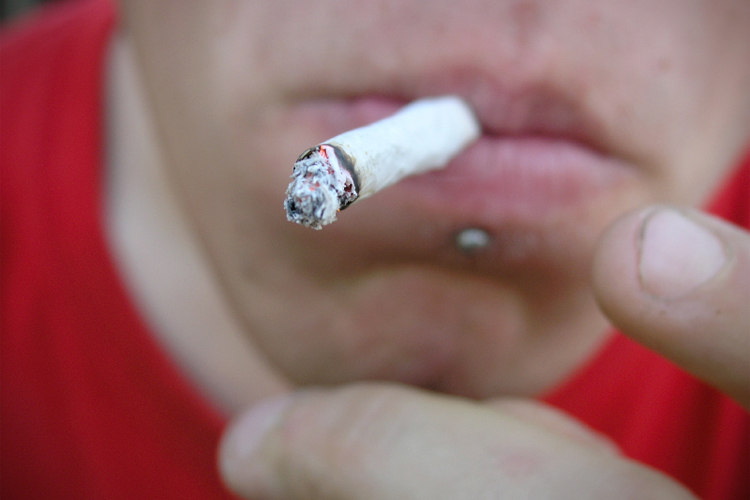The Obama administration has streamlined the review process for new research on medical marijuana, Mother Jones reports.
The government said that a federal Public Health Service review of research proposals is no longer necessary because it duplicates an already required review by the Food and Drug Administration(FDA). Writing in a notice published this week in the Federal Register, the Department of Health and Human Services argued that the second review is “no longer necessary to support the conduct of scientifically-sound studies into the potential therapeutic uses of marijuana.”
As The Washington Post’s explanation of the the cumbersome approval makes clear, past medical marijuana studies were forced to receive redundant reviews from the federal government:
-
Submit your study proposal to the Food and Drug Administration for a thorough review of its “scientific validity and ethical soundness.”
-
Submit your proposal to a separate Public Health Service (PHS) board, which performs pretty much the exact same review as the FDA.
-
Get a marijuana permit from the Drug Enforcement Administration.
-
Finally, obtain a quantity of medical marijuana via the Drug Supply Program run by the National Institute on Drug Abuse (NIDA), which maintains a monopoly on medical marijuana grown for research in the U.S.
The move from the Obama administration comes as an editorial published in the Journal of the American Medical Association (JAMA) this week called for an increase in medical marijuana testing.
The editorial by two Yale University psychiatrists criticizes the lack of rigorous research in the field and calls on federal and state governments to fund further studies. The authors also go on to suggest that enthusiasm for medical marijuana should be tempered until there is better evidence of effectiveness.
Twenty-three states and Washington, D.C. have laws permitting medical marijuana use with up to 30 states decriminalizing it’s usage in some way.
States like Colorado who have legalized recreational usage led the way in research, having pledged more than $8 million in state funds for several studies on the drug’s potential medical benefits including whether it can reduce symptoms of post-traumatic stress disorder, Alzheimer’s disease, epilepsy, glaucoma, kidney disease, lupus and Parkinson’s disease.
As Mother Jones pointed out, the Obama administration’s new Surgeon General, Vivek Murthy, indicated his support for increased research, telling CBS, “we have some preliminary data showing that for some medical conditions and symptoms that marijuana can be helpful, so I think we have to use that data to drive policymaking, and I’m very interested to see where that data takes us.”
The federal government currently classifies cannabis under Schedule I of the Controlled Substances Act, finding it has “no currently accepted medical use and a high potential for abuse.”

